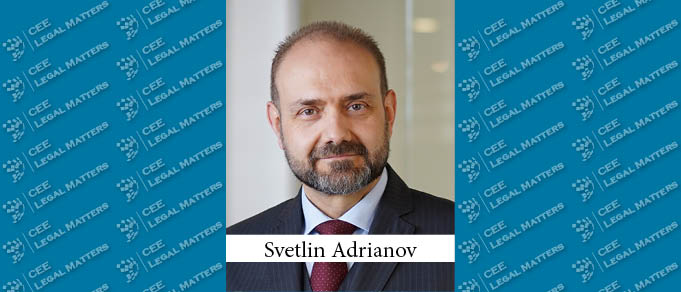As one of the next wave candidates for membership in the European Union, Albania went a long distance in the harmonization of its legal framework with the acquis communautaire in recent years. The most recent country progress report of the European Commission, issued as part of the 2020 Enlargement Package for the Western Balkans, recognized the legislative efforts of the country to align its legal framework to EU requirements and to enhance the country’s ability to assume the obligations of membership.Albania first ventured into the legal regulation of antitrust in 1995 by introducing a law On Competition, which dealt with antitrust, as well as with unfair competition and consumer protection matters. As a first attempt, it raised a lot of questions, but it also opened the topic of competition law in the country and served as a starting point in developing the relevant legal framework.
The now effective Law on Protection of Competition (LPC) was adopted in 2003, already with a clear direction at harmonization with EU antitrust rules. It was revisited in 2010 to follow up on this trend, whereas the more notable amendments included the introduction of a possibility of exemption of potentially restrictive agreements, application of the de minimis rule, further aligning the prohibition of abuse of dominant position, amendment of the merger control notification criteria and the merger control test, development of some procedural rules, etc.
The current legal framework includes, besides the LPC, a stack of secondary legislation – regulations and guidelines, dealing with block exemptions, treatment of agreement of minor importance, investigative and merger review procedures, leniency program, etc. What we see in this body of rules is familiar to the EU-trained lawyer in terms of regulation of prohibited agreements, abuse of dominant position, and merger control, along with a detailed procedural framework. The rules are overall in line with Articles 101 and 102 TFEU and the EU merger regulation, although along with the literal repetition of certain EU texts, some specifics show up occasionally both in the way of structuring of the law and in the essence of interpretation. As a matter of example: the LPC prohibits explicitly agreements which have as their object or effect the prevention, restriction, or distortion of competition, but makes no mention of concerted practices and decisions by associations of undertakings – these, however, are submitted as elements of a definition of “agreement.” Also, different agreements which do not fall within the categories of block exemption are required to be notified to the competition authority and the definition of “undertaking” is limited to legal and natural persons leaving out non-personified entities.
Worth noting is the vast power of the competition authority in dawn raids. Investigators can enter and search business premises and vehicles of the investigated undertaking, but also the domicile of administrators, managers, directors, and other staff members, as well as at the domicile and business premises of individuals and legal persons, whether external or internal, in charge of commercial, accounting, administrative, tax, and financial management. They can also access other premises, “equivalent to domicile,” if there are reasons to believe, given the facts and concrete circumstances of the case, that in such premises there are books or other professional documents to be found which are deemed necessary to prove a serious infringement. The dawn raid of the business premises and vehicles of the investigated undertaking does not need court permission as a pre-requisite.
A point of focus is also competition advocacy. As part of the efforts of the European Bank of Reconstruction and Development to promote competitive economies in the countries it invests in, and, in particular, in the Balkans, a project for capacity building for the Albanian Competition Authority funded by the bank has been ongoing for the last couple of years.
It resulted in developing a Competition Advocacy and Communication Strategy, which was recently published on the authority’s website. The document lays out a five-year plan to strengthen future advocacy efforts to be carried out by the authority and to improve the effectiveness of its communication strategy in this direction.
With this at hand, the European Commission assessed the country as being “moderately prepared” in competition policy. “Serious concerns” were raised in the State Aid area, but antitrust framework and enforcement seem to be on the right track in the accession process.
By Svetlin Adrianov, EY Law Leader for Bulgaria, Albania, and North Macedonia
This Article was originally published in Issue 8.9 of the CEE Legal Matters Magazine. If you would like to receive a hard copy of the magazine, you can subscribe here.

















